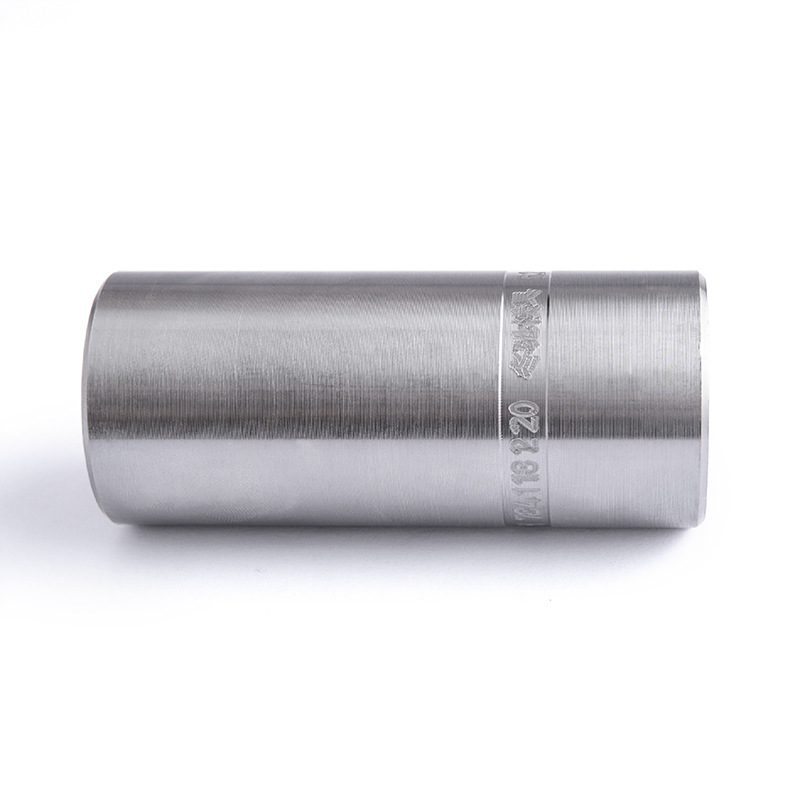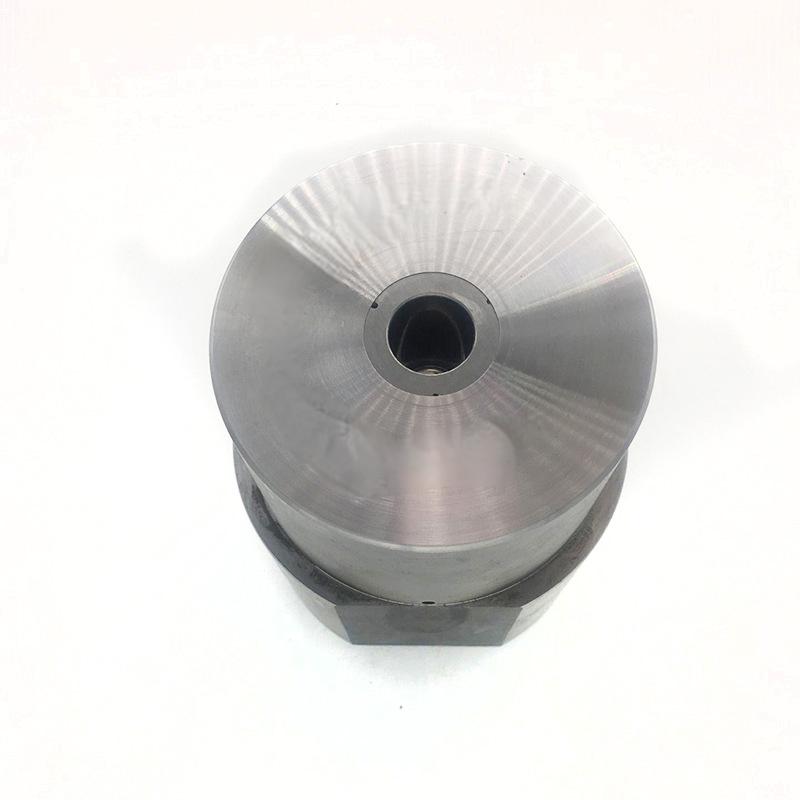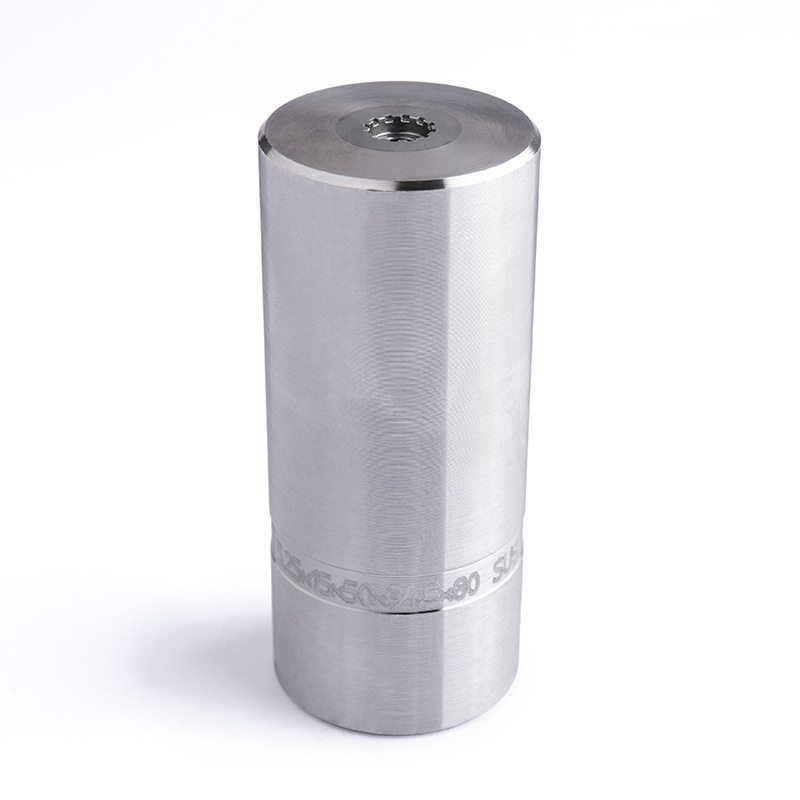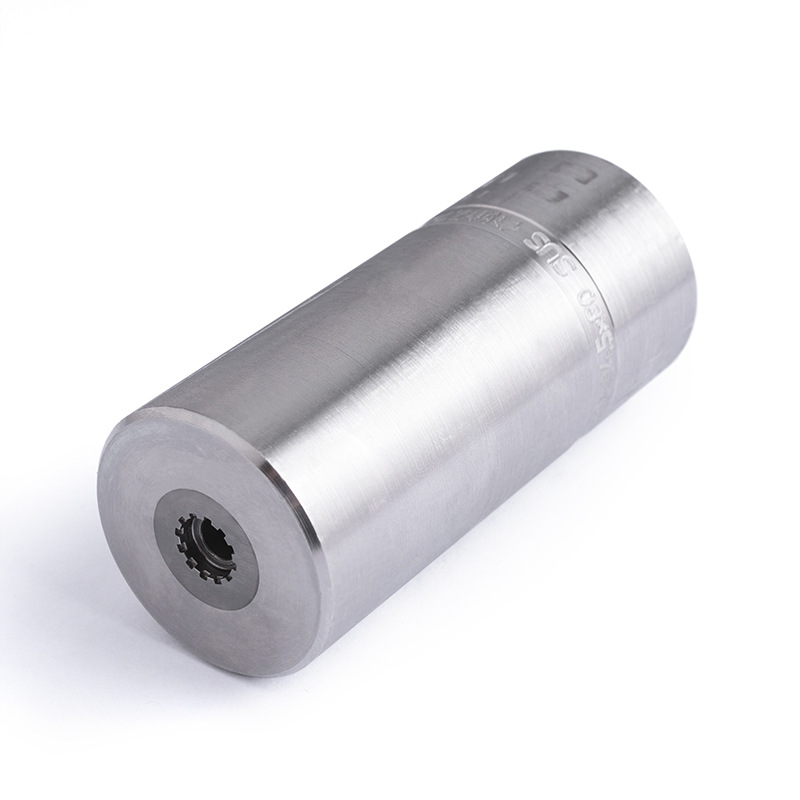- Time:2024/08/16 Posted:Dongguan Jierui Hardware Technology Co., Ltd
In manufacturing and engineering, non-standard screws play a crucial role in ensuring the successful execution of specific projects with unique requirements. These screws are custom-designed to meet the needs of particular applications where standard screws do not suffice. When working with a non-standard screws company, it’s essential to understand the acceptance criteria that determine the suitability and quality of non-standard set screws. This article explores the various criteria used to assess non-standard screws, including non-standard screw heads, material quality, dimensions, and performance standards.
Non-standard screws are custom-manufactured fasteners designed to fit unique applications that standard screws cannot address. These screws are often required in industries such as aerospace, automotive, electronics, and construction, where specific requirements such as size, shape, material, and threading are critical. Unlike standard screws, which adhere to predefined dimensions and specifications, non-standard screws are tailored to meet the specific needs of a project.

Key Criteria for Accepting Non-Standard Screws
To ensure the effectiveness and reliability of non-standard screws, several acceptance criteria must be met. These criteria are essential for assessing the screws' quality and performance, ensuring they meet the project's requirements.
1. Material Quality
The material quality of non-standard set screws is paramount in determining their durability and performance. Depending on the application, non-standard screws can be made from various materials such as stainless steel, titanium, brass, or specialized alloys. The acceptance criteria for material quality include:
- Material Composition: The screws must be manufactured from the specified material composition to ensure they meet the necessary strength and corrosion resistance requirements.
- Hardness and Tensile Strength: The screws should possess the required hardness and tensile strength to withstand the intended application’s stresses and loads.
- Corrosion Resistance: For applications exposed to harsh environments, the screws must exhibit excellent corrosion resistance to ensure longevity and reliability.

2. Dimensional Accuracy
Dimensional accuracy is a critical factor in the acceptance of non-standard screws. Precise dimensions are necessary to ensure a proper fit and function within the intended application. The acceptance criteria for dimensional accuracy include:
- Threading and Pitch: The threading and pitch of the screws must match the specified requirements, ensuring proper engagement and torque.
- Head and Drive Design: For non-standard screw heads, the head design, including its shape, size, and drive type, must align with the project’s specifications.
- Length and Diameter: The length and diameter of the screws must be within the specified tolerances to ensure compatibility with the mating components.

3. Surface Finish and Coatings
The surface finish and coatings of non-standard screws are crucial for their performance and longevity. The acceptance criteria for surface finish and coatings include:
- Surface Smoothness: The screws should have a smooth surface finish, free from defects such as burrs, scratches, or irregularities.
- Protective Coatings: Depending on the application, the screws may require protective coatings such as zinc plating, black oxide, or passivation to enhance their corrosion resistance and wear properties.

4. Performance Standards
Non-standard screws must meet specific performance standards to ensure their reliability and effectiveness in the intended application. The acceptance criteria for performance standards include:
- Torque and Load Capacity: The screws must withstand the required torque and load capacity without failure or deformation.
- Fatigue Resistance: For applications subject to cyclic loading, the screws must exhibit excellent fatigue resistance to prevent premature failure.
- Vibration Resistance: In applications where vibration is a concern, the screws must demonstrate adequate resistance to loosening or failure due to vibration.
Working with a Non-Standard Screws Company
When selecting a non-standard screws company, it’s crucial to partner with a manufacturer that understands the importance of meeting the acceptance criteria for non-standard screws. A reputable company will have the expertise and capabilities to manufacture custom screws that meet the specific requirements of your project, ensuring quality, reliability, and performance.
Understanding the acceptance criteria for non-standard screws is essential for ensuring the success of your project. By focusing on material quality, dimensional accuracy, surface finish, and performance standards, you can confidently select and use non-standard screws that meet your unique requirements. Partnering with a reliable non-standard screws company is key to achieving the desired results and enhancing the performance of your application.
